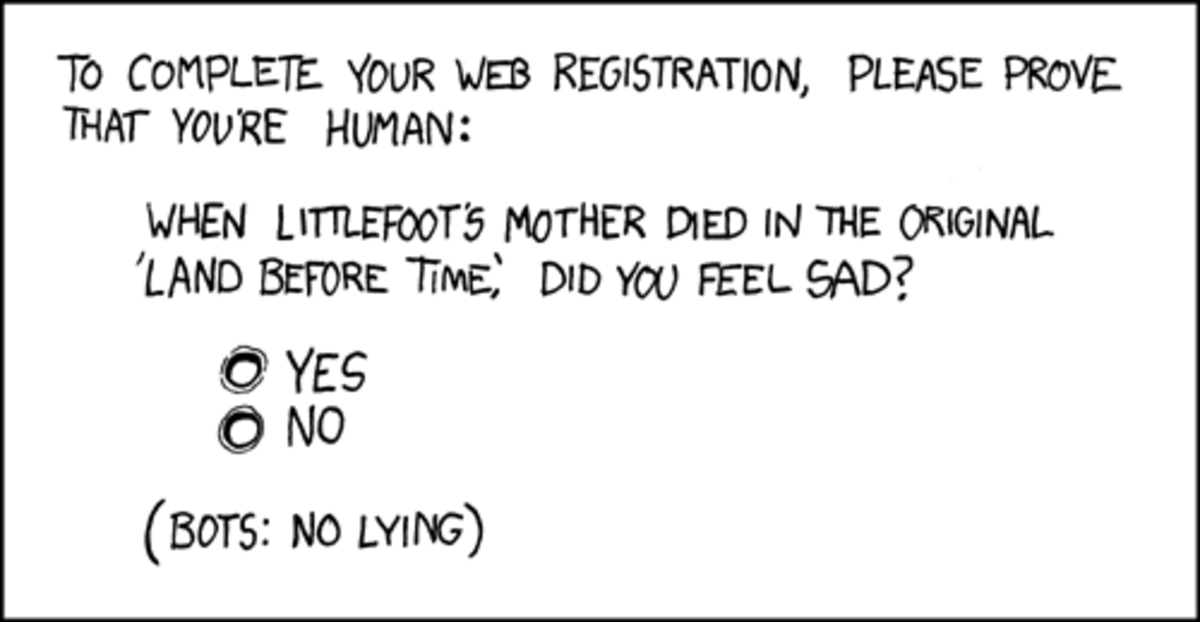Pros and Cons of Using the Internet to Find Medical Information

In some regions of the world, adequate medical care can be days away – if available at all. In rural parts of the United States, doctors and hospitals can be more than a day away – and adequate care even further. Where accessible, the Internet can bring us closer to the care we need. But is that a good thing?
There are people focused on creating diagnostic connections between patients and doctors. There is firm belief that it will not be long before medical practitioners can treat through long-distance robotics. And, we are already at a stage where doctors can observe patients screen external symptoms over long distances.
However, while the internet already provides enormous information resources about symptoms and remedies, too many users are using that shared information to diagnose themselves. When this access becomes compulsive, we risk the same anxiety and depression related to hypochondria.
The Mayo Clinic lists the following are symptoms of hypochondria:
- · a long-term intense fear or anxiety about having a serious disease or health condition
- · a debilitating concern that minor symptoms or bodily sensations mean you have a serious illness
- · visiting doctors repeatedly and switching doctors frequently
- · seeking involved medical exams, test, or exploratory surgery
- · talking about concerns and symptoms continuously to friends and family
Now, you can add the obsessive pursuit of health research on the internet.
The Harris Poll conducted a phone poll of 1,066 adults surveyed between July 13 and 18, 2010. There is a caution here; that is, while The Harris Poll family has traditionally performed with a reliable standard of performance, statistics are a funny thing. for example, phone interviews depend on certain assumptions about the reliability of self-disclosure and frequency of internet use may not be the best measure of addiction. Still, if statistics are understood to be descriptive, they can be informative.
According to Harris Interactive, between 1998 and 2010, there was an increase from 50 million to 175 million Americans using the internet to locate health information. Moreover, 32% of those questions admitted they look for health information often. Now, understand, some of this increase can certainly be attributed to the general increase in internet use. Looking for health info can cover any interaction from casual looks to academic research to the compulsive behavior that is of concern. On the other hand, the poll reports:
- · 81% of users have checked for health information within the previous 30 days and 17% have gone to the web 10 times or more. They label as cyberchondriacs those who do this about 6 times a month on the average.
- · Only 8% of these chronic users were dissatisfied with the information they found.
- · Half of them said they pursued information their doctor provided and half said they used the information to create a discussion with their doctor.
This seems to come down to motivation. If, for example, your doctor has made a diagnosis, and you use the internet to find additional information about the problem that you later discuss openly with your doctor, this seems a most appropriate use of the internet. If, having been diagnosed with a significant medical problem, you seek support in blogs dedicated to support, that seems an appropriate use of the web. If a family or friend is being treated for a serious medical condition, you might go on-line to seek information about the malady and its treatment in the interest of providing support, and this seems an appropriate use of the internet. And, finally, if you are not satisfied with your doctor’s initial diagnosis and think there may be more to it, you can search on line for specialists in this discipline, and that seems okay.
But, when you see a list of symptoms and, then, impose them on yourself, you are looking for trouble. You risk sliding down a slippery slope if you think that “description” is “diagnosis;” they are not the same thing. Symptoms can be vague, overlapping, mixed, and mimicking. You pay the doctor the big bucks for the expertise to differentiate between the real and the apparent.
Some signals are clear, such as fever, rash, bleeding, etc. Others vary in their subjectivity. For example, pain is to a great deal subjective. Pain certainly is real, but degree and location are sometimes hard to read. Very real medical conditions and authentic diseases, such as fibromyalgia, rheumatoid arthritis, Chron’s disease, migraine headaches, Parkinson’s disease, and Alzheimer’s disease, to name just a few, are debilitating in their form, their symptoms, treatment, and outcomes. However, their sure diagnosis is not like a simple on-line matching test. You need an experienced practitioner in the art of medical science to observe the visible symptoms in combination with discussion and test results to locate the disease in the matrix of signs.
For example, I have a friend, Mike, who suffered continuous back pain since his early 20’s; he had tried every trick in the book from minor surgeries to nerve cauterization, from class 1 narcotic pain killers and muscle relaxants to experimental applications. However, it was not until an astute specialist noticed a gene in his blood test that directed him to a final diagnosis of a genetic arthritis. Now, although there is no cure, Mike can participate in a regimen that forestalls the growth of the enemy and the related pain.
One significant problem with the Internet information is that it is not all reliable or correct. It has not all been tested or verified. It may not all be available where you live, and it may not act well with other medications you take or treatments you pursue. Some of it can be specifically dangerous to you. In short, you need to be cautious about the information out there:
· Much of the pharmaceutical information, even some posted by FDA approved medications, is self-serving. They are marketing a product and, in doing so, creating a brand for themselves. Okay, but they also tend to brand the medical condition. While the drug may treat a legitimate symptom of yours, it may not treat all of your symptoms or treat them without risk to you in other ways. So, if an ad peaks your interest, and you want to discuss its value with your doctor, go ahead, but don’t drive the doctor to chase new solutions for you when a generic is working just well in your case.
- · Holistic options can be greatly helpful. People have been well served by acupuncture, massage, herbal remedies, natural supplements, and the like. Finding a website that is not driven by its own bias is not easy. Explore such sites with care and discuss the information with your doctor.
- · Do not let yourself be driven to find a condition. If you are driven to find that something rare or special, you may have a psychological need and not a physiological need.
- · Seek information first at renowned and reliable sources, such as those provided by The Mayo Clinic in Minnesota, The Cleveland Clinic, The Brigham-Women’s Hospital of Boston, or John Hopkins of Baltimore. If the site is sponsored by a teaching hospital, it is likely to be sound in its advice.
- · Patients suffering with diagnosed and chronic conditions may seek help on the web. Even their doctors rarely have detailed insight into their emotional suffering or continuing need for support. Such patients may first look to sites dedicated to their condition by professional organizations or foundations working in their interest, such as The American Heart Association, The American Diabetes Association, The National Fibromyalgia Association, and others. These sites often can refer patients to blogs where sufferers share the pain and options in their respective journeys.
- · Finally, be skeptical about any website, no matter how titled or represented, that includes ads in the margins or in the text. Chances are the site is posted to sell not advise.
The growth in information on the web, together with the increased access to the web enhanced by all kinds of tech innovations, such as phones and tablets, raises the risk to users inclined to obsessive behaviors like hypochondria. Unless that user’s search frequency is available to a medical professional, the increase in cyberchondria is likely to continue.








